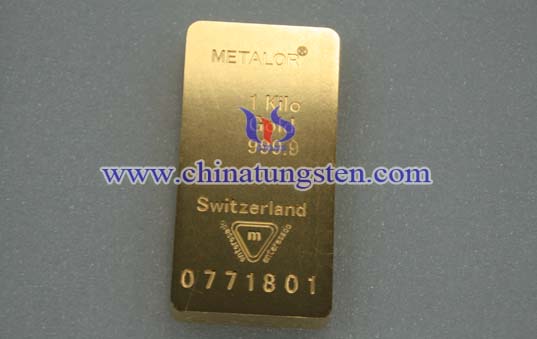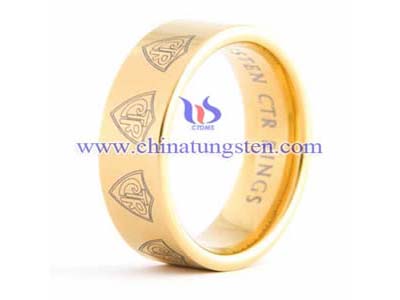Gold hits 2-week high on gains in equities, euro

(Reuters) - Gold hit a 2-week high on Thursday as gains in equities and the euro prompted buying from speculators after major central banks took coordinated action to prevent the euro-zone debt crisis from igniting a global economic meltdown.
The U.S. Federal Reserve, the European Central Bank and the central banks of Canada, Britain, Japan and Switzerland said they would lower the cost of existing dollar swap lines by 50 basis points from December 5, and arrange bilateral swaps to provide liquidity for other currencies.
Gold was steady at $1,746.89 an ounce by 0335 GMT after rising as high as $1,749.89 an ounce, its highest since November 17. Gold ended November with a 1.9-percent rise, the seventh month of gain so far this year, but it was still below a lifetime high around $1,920 hit in September.
"Gold is up alongside other risk assets. Sentiments are positive after the central banks' action and the huge rally in Wall Street last night," said Ong Yi Ling, an analyst at Phillip Futures in Singapore.
"I would say the next level of resistance for gold will be the $1,800 level."
U.S. gold was also steady at $1,746 an ounce after rallying nearly 2 percent on Wednesday.
Shares in Asia jump3e to two-week highs on Thursday, building on strong global gains after the world's six major central banks moved to tame a liquidity crunch for European banks by providing cheaper dollar funding.
The euro's upside, however, may be capped by speculation the European Central Bank will cut rates aggressively at its December 8 policy meeting and perhaps venture into more bond buying, as Europe's debt crisis remained unresolved.
Gold tumbled to its weakest in nearly a month last week after declines in equities blamed on the debt crisis in Europe prompted investors to cash in on bullion to cover losses.
Although a rebound in equities helped restore gold's safe haven appeal, some retail investors remained cautious, while jewelers were likely to wait for prices to stabilize or fall from recent highs.
"I think people are still cautious. Each time gold tries to approach $1,800, then it falls down. I don't see buying from investors. There is only buying from speculators," said a dealer in Hong Kong.
"I don't think China will be buying gold at this level. They may come back to buy again if gold falls back to $1,700."
China's gold consumption will be around 750 tonnes this year, Albert Cheng, a managing director for the World Gold Council, told an industry conference in Shanghai on Thursday.
China's HSBC Purchasing Manager's Index dropped to a 32-month low in November, suggesting factory activity shrank in the face of softening demand both at home and abroad, a trend that may have triggered the country's first policy easing in nearly three years late on Wednesday.


.jpg)


